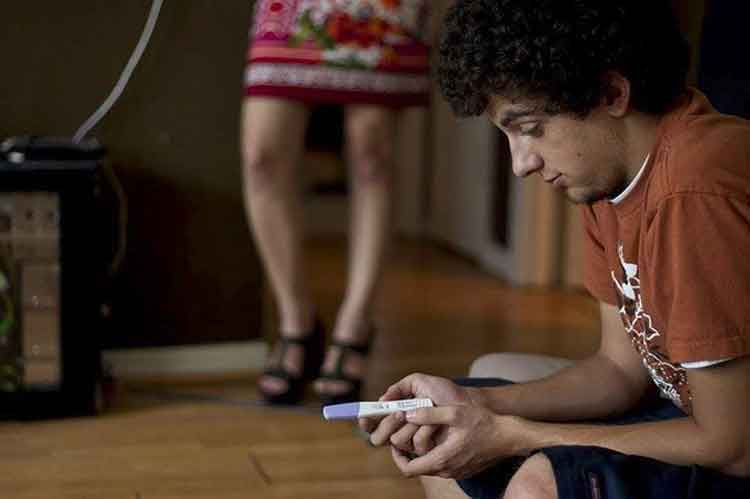For couples who have been trying to conceive for a long time, the news of pregnancy is a blessing. There are abundant techniques for defining whether or not you are pregnant. Only a few of them, however, provide accurate test results. Here’s an example of a basic test that you may do at home with baking soda. In this pregnancy test, you’ll need this kitchen ingredient to see if you’re pregnant. Whether you don’t want to take a pregnancy test right now but want to know if you’re pregnant, this article will show you how to make a pregnancy test at home using baking soda and how accurate the results are.
Table of Contents
What Is A Pregnancy Test With Baking Soda?
A baking soda pregnancy test is a simple at-home pregnancy test that can be performed at any point throughout pregnancy. The goal of this test is for you to be able to test your pregnancy with a common kitchen product. To do this test, the expectant mother must dip a few drops of her first morning urine into a tablespoon of baking soda to determine the acidity of her urine. If you’re expecting a child, you’ll notice foam forming. This is because most acids react similarly to baking soda or sodium bicarbonate.
Also Read: How to Manage Sensation of Labor Pain
How Accurate Is A Pregnancy Test Performed Using Baking Soda?
The chances of this test yielding correct findings are only 50%. Its outcome is additionally influenced by the fact that urine acidity is influenced by various bodily factors. Because your acidity level varies depending on how much food and water you consume each day, it’s impossible to produce precise pregnancy results. If the woman vomits a lot or becomes dehydrated, her urine acidity level may rise, preventing the accurate pregnancy result from being obtained. Even while the baking soda test is a decent sign of acidity in the urine, it isn’t the best indicator for confirming pregnancy.

How to Do a Pregnancy Test with Baking Soda
This test can be completed at home without any equipment in a very simple manner.
You’ll need the following items to take the test:
You’ll need the following items to do a baking soda pregnancy test at home.
- 1 tablespoon bicarbonate of soda
- Your first urination of the day
- A urine storage container that has been sterilised
- A second sanitised container that can be used to store baking soda
- Surgical or plastic gloves
How to Do
- Thoroughly wash and dry your hands. Then put on gloves.
- Collect a urine sample and place it in a container. Make sure the sample isn’t contaminated by pouring the pee into the container in a stream from a distance.
- Pour a few millilitres of urine over some baking soda in another container.
Because your urine gets diluted when you consume water throughout the day, it is best to perform this test with your first urine of the day. As a result, the test’s outcome may differ. Although the exact amount of urine and baking soda required for the test is unknown, it is recommended that you use equal portions of both components.
Also Read: Best Food to Eat During Pregnancy

How to Make Sense of Test Findings
You’ll start seeing results as soon as you add a few drops of urine to the baking soda. You’ll notice a bubble-like reaction if you’re expecting. If it doesn’t, you haven’t yet conceived. I’d like to remind you that test findings aren’t always correct. When the human chorionic gonadotropin hormone (hCG), which is created during pregnancy, is mixed with baking soda and passed through the urine, a fizzy response occurs; however, a fizzy reaction can also occur if urine acidity levels are high.
Also Watch: Mantra for Memory Intelligence & Success | Mantra for Kids
Early in the first trimester, a baking soda pregnancy test can be performed. After the tenth week of pregnancy, the level of hCG normally reaches a very high level, therefore it’s best to perform the test then, however the outcome isn’t definite.
While the test isn’t perfect, it’s the only method to find out if you’re pregnant, especially if you don’t have time to wait for a pregnancy test kit or go to the hospital. However, it is recommended that you visit your doctor for precise test results in order to confirm your pregnancy. To confirm your pregnancy, your doctor may conduct blood and urine tests.
